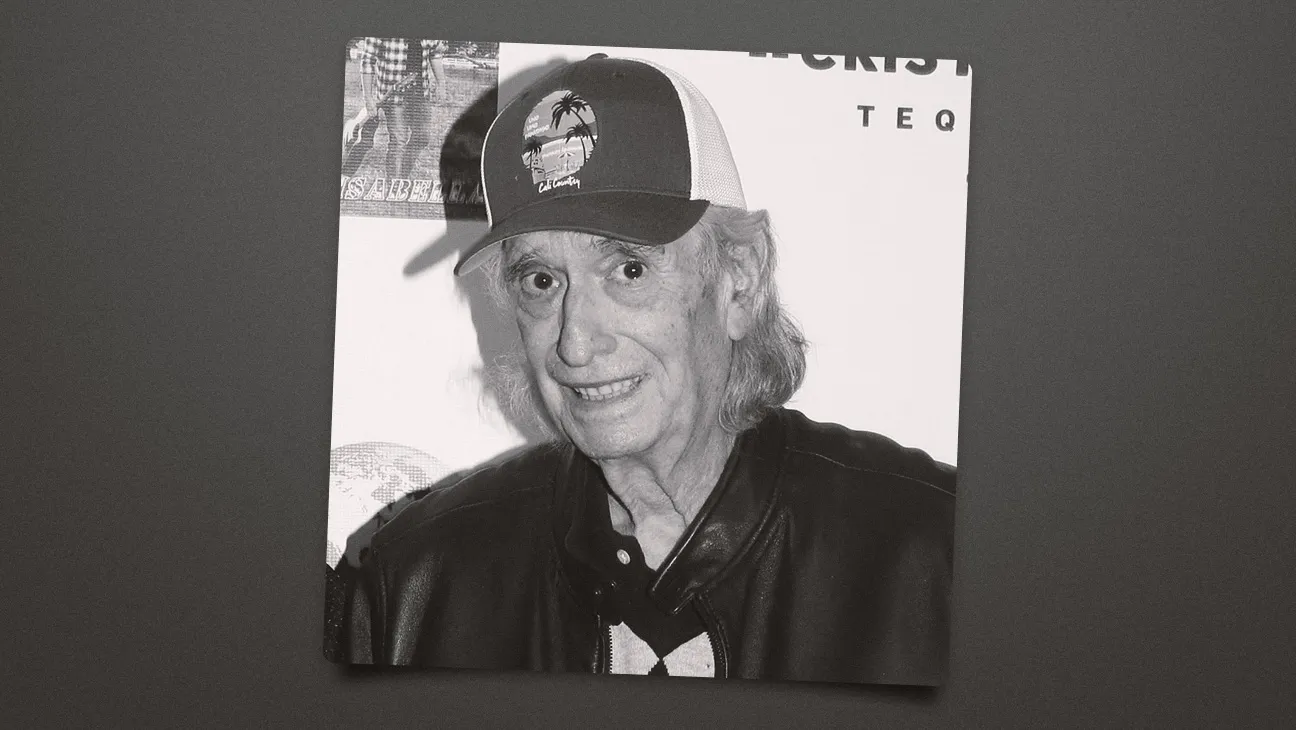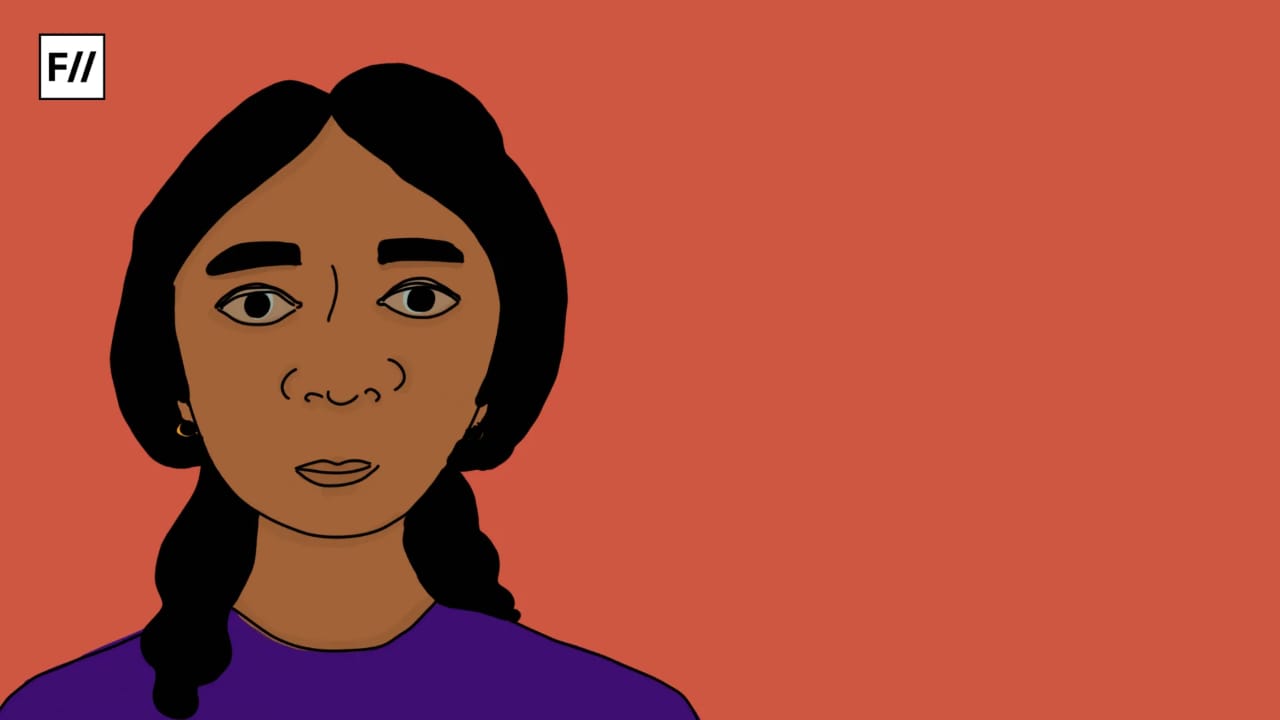Copyright news18

Language is not merely a tool for communication; it is a lens through which we perceive and interpret the world. In her widely cited TED talk, Prof. Lera Boroditsky (2010) explores this profound relationship, asking whether the language we speak shapes the way we think. Drawing upon cross-linguistic studies, she demonstrates that language guides cognition in significant ways. Her argument is grounded in the principle of linguistic relativity, also known as the Sapir–Whorf Hypothesis, formulated in the early 20th century by Edward Sapir (1929) and Benjamin Lee Whorf (1956). This hypothesis proposes that language influences how speakers categorize and perceive reality. Boroditsky distinguishes this from linguistic determinism, an idea earlier suggested by Wilhelm von Humboldt (1836), which claims thought is impossible without language. Boroditsky illustrates her ideas through a range of fascinating cross-cultural examples. Among the Kuuk Thaayorre speakers of Australia, even young children navigate using cardinal directions rather than relative directions like “left” or “right,” suggesting that language channels attention toward spatial orientation. Similarly, the way people conceptualize time is influenced by linguistic habits. English speakers typically organize time from left-to-right, Hebrew speakers from right-to-left, and Kuuk Thaayorre speakers from east-to-west, demonstrating that temporal perception is anchored in language-specific spatial frameworks (Boroditsky, 2001). Language also shapes numerical cognition. The Pirahã community of the Amazon, whose language lacks words for exact numbers beyond two, struggle with tasks requiring precise quantity tracking. As Peter Gordon (2004) showed, acquiring number words enables the development of more accurate mathematical reasoning. Differences in color perception also reveal linguistic influence: languages categorize the color spectrum in diverse ways. Russian, for example, distinguishes between goluboy (light blue) and siniy (dark blue), which allows speakers to perceive subtle shades faster than English speakers (Kay & Berlin, 1969). Grammatical structures further shape cognition. In German, the word for “bridge” is feminine and often described with adjectives like schön (beautiful), whereas in Spanish, it is masculine and described as fuerte (strong). This subtle linguistic difference influences how speakers perceive objects (Boroditsky, Schmidt & Phillips, 2003). Moreover, languages affect how we interpret events and assign agency. English speakers often emphasize the agent in an accident (“He broke the vase”), while Spanish speakers focus on the event itself (“The vase broke”), leading to differences in memory and attribution (Fausey & Boroditsky, 2011). Boroditsky’s work aligns with the weaker version of the Sapir–Whorf Hypothesis. Language clearly influences thought, but does not rigidly determine it. Multilingual speakers can shift conceptual frameworks, and communities learning number words improve their numerical reasoning. Language is thus one of many factors shaping cognition, alongside culture, geography, and experience. Her research emphasizes the flexibility of human thought rather than confining it to linguistic boundaries. From my own multilingual experience — Hindi, English, Sanskrit, and French—I find Boroditsky’s argument compelling. Hindi kinship terms, such as chacha, tau, and bua, encode family relationships with greater precision than English’s “uncle” or “aunt.” Hindi also distinguishes three second-person pronouns—tu, tum, and aap—which convey varying degrees of social distance and respect. Sanskrit adds further nuance with a neuter gender absent in Hindi, creating a sense of inclusivity. French, on the other hand, assigns grammatical gender to inanimate objects, forcing learners to reconsider familiar categories, sometimes in amusing ways. Collectively, these differences illustrate how language subtly guides attention, social understanding, and perception. It is crucial to note, however, that no language is inherently “better” than another. Gender-neutral languages like Hungarian or Estonian are not automatically free from stereotypes, and Hindi’s pronoun system does not make it inherently “polite.” Rather, these linguistic features reflect the ways in which language and culture co-construct reality, providing different cognitive tools. Ethical considerations are central when studying language and thought. Researchers must avoid deterministic interpretations that could reinforce stereotypes or cultural hierarchies. For instance, suggesting that speakers of a language with fewer colour terms perceive fewer colours risks misrepresenting cognitive diversity. Respecting the languages and cultures studied is essential, including obtaining informed consent, representing communities accurately, and acknowledging the contributions of indigenous knowledge systems. Ethical research practices ensure that linguistic diversity is celebrated rather than exploited or judged. Boroditsky’s work highlights the broader significance of linguistic diversity. Languages are not just repositories of vocabulary and grammar; they reflect the cognitive diversity of humanity. They shape how we perceive space, time, colour, and social relationships. Yet, this influence is neither absolute nor restrictive. Human cognition remains remarkably adaptable, capable of navigating multiple conceptual frameworks depending on context and experience. Reflecting on my own language experiences, I notice how linguistic structures subtly influence thought. When speaking Hindi, the specific kinship terms prompt me to be conscious of family roles and social hierarchies. Sanskrit encourages inclusivity through its neuter gender, affecting how I conceptualize objects or relationships. French’s gendered nouns make me pause and reconsider categories that I otherwise take for granted. Such experiences underscore Boroditsky’s thesis: language guides but does not confine thought. Ultimately, recognizing the interplay between language and cognition fosters appreciation for both cultural and cognitive diversity. By observing how different languages shape perception, we gain insight into human creativity and adaptability. We also learn that linguistic differences need not divide; they enrich our understanding of the world and reveal the many ways humans experience reality. Boroditsky’s research demonstrates that language provides multiple “grooves” for thought, shaping, rather than imprisoning, our cognitive abilities. In conclusion, Prof. Lera Boroditsky’s insights reaffirm that linguistic diversity mirrors cognitive diversity. Language influences perception and reasoning without imposing rigid limits on thought. Drawing on examples from Hindi, English, Sanskrit, and French, my reflections support this view: language shapes our understanding of the world, offering multiple perspectives while allowing the mind to remain free and flexible. By ethically studying and respecting linguistic differences, we gain a deeper appreciation of human cognition and cultural richness, confirming that the human mind is capable of extraordinary adaptability and creativity. (This article was first published in The Armchair Journal) Vaishali Sharma is a Master’s student in History at the University of Delhi, passionate about inclusive and holistic education. Her research interests include education, public policy, and international relations, with published works on curriculum. Views expressed in the above piece are personal and solely those of the author. They do not necessarily reflect News18’s views.



